Long-haul truck driving is often surrounded by myths and misconceptions that can create a distorted view of this vital profession. From the lifestyle of truckers to the safety and regulations they follow, many beliefs simply aren’t true. In this article, we’ll debunk 15 common myths about long-haul truck driving, setting the record straight and providing a clearer picture of what life on the road is really like.
Contents
Truck drivers are always on the road.

Contrary to popular belief, truck drivers have regulated hours and schedules. The Federal Motor Carrier Safety Administration (FMCSA) mandates rest periods and maximum driving hours to ensure drivers have ample time off. This regulation helps maintain a balance between work and personal life, dispelling the myth that truckers are perpetually on the move.
Truck driving is an unskilled job.

Truck driving requires extensive training, certifications, and skills. Drivers must master vehicle control, logistics, and safety protocols. Obtaining a Commercial Driver’s License (CDL) involves rigorous testing and training, making it a highly skilled profession.
All truck drivers are men.

The trucking industry is becoming more diverse, with an increasing number of women joining the workforce. Organizations like Women In Trucking work to promote gender diversity and inclusion, challenging the stereotype that truck driving is a male-only profession.
Truck drivers have unhealthy lifestyles.
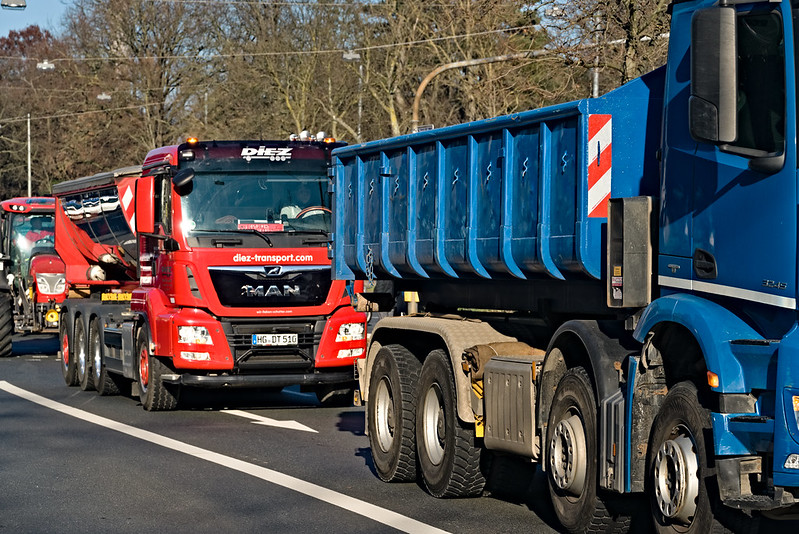
Many truck drivers make conscious efforts to maintain a healthy lifestyle. They have access to fitness equipment at truck stops, cook healthy meals in their cabs, and follow exercise routines during breaks. The myth of an unhealthy lifestyle is being countered by a growing health-conscious community within the industry.
Truck drivers are always lonely.

Truck drivers often build strong social networks through CB radios, online forums, and social media. They stay connected with family and friends via video calls and messaging apps, proving that they are not isolated despite long hours on the road.
Truck driving is dangerous.
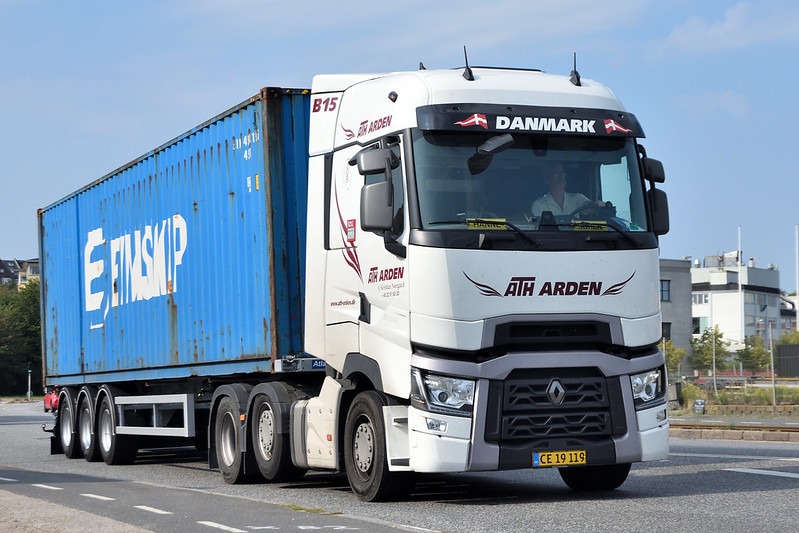
While truck driving involves risks, modern safety measures and regulations have significantly reduced dangers. Advanced safety technologies like collision avoidance systems, electronic logging devices (ELDs), and strict adherence to safety protocols enhance driver safety.
Truck drivers don’t have families.
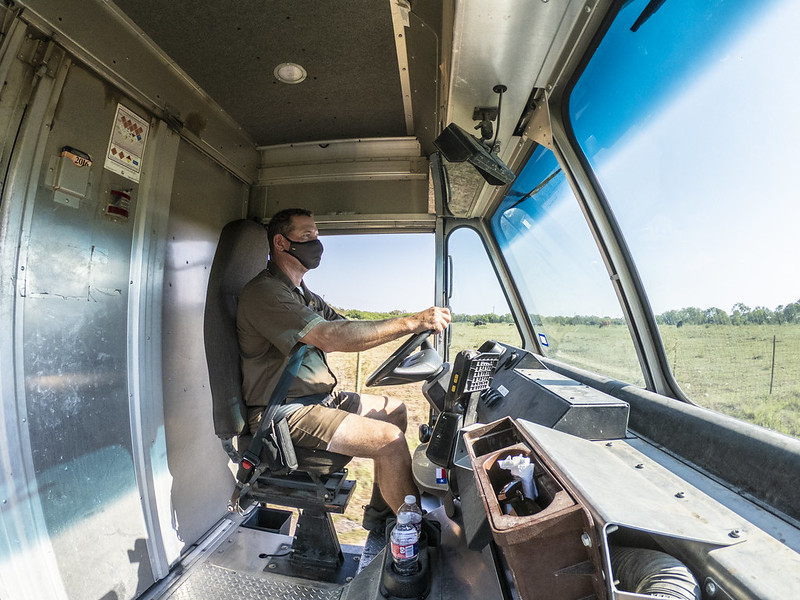
Many truck drivers maintain strong family connections, planning routes and schedules to spend quality time at home. Some even bring their spouses or pets on the road, making their trucks a second home and fostering family bonds.
Truck drivers sleep in uncomfortable conditions.

Modern trucks are equipped with sleeper cabs that offer comfortable bedding, climate control, and even entertainment systems. These amenities provide a cozy and restful environment, debunking the myth of uncomfortable sleeping conditions.
Truck drivers are poorly paid.

Truck driving can be a lucrative career, with competitive salaries and benefits. Experienced drivers, especially those in specialized fields like hazardous materials transport, can earn substantial incomes. Pay scales often include bonuses, incentives, and comprehensive benefits packages.
Truck drivers don’t follow safety regulations.

Truck drivers are required to adhere to strict safety regulations enforced by federal and state agencies. Regular inspections, compliance checks, and mandatory training ensure that drivers follow protocols, maintaining high safety standards on the road.
Truck driving is only for older people.

Truck driving attracts people of all ages, including young professionals seeking stable and rewarding careers. Training programs and recruitment drives target younger demographics, challenging the notion that it’s a profession solely for older individuals.
Truck drivers have no job satisfaction.
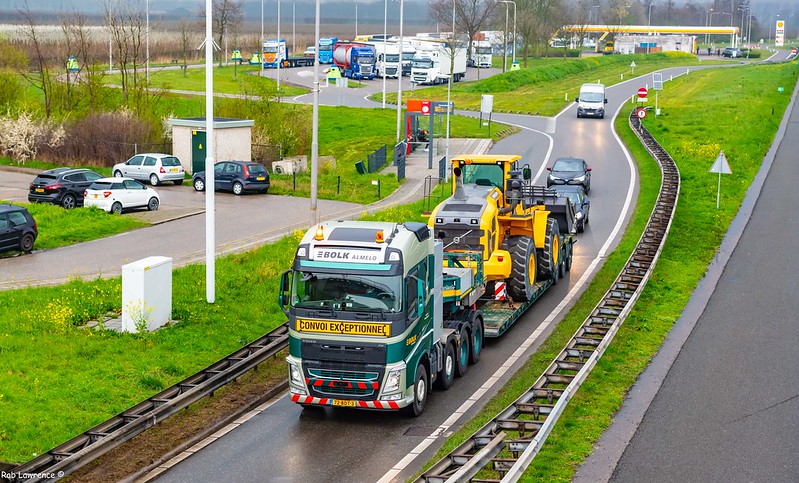
Many truck drivers find immense satisfaction in their work. The sense of freedom, travel, and responsibility, coupled with the pride of being an essential part of the supply chain, contribute to high job satisfaction among drivers.
Truck drivers are rude and unprofessional.

The majority of truck drivers are courteous, professional, and dedicated to their jobs. They undergo extensive training in customer service and safety, ensuring they interact professionally with clients and the public.
Truck driving offers no career advancement.

Truck driving offers various career advancement opportunities, including roles in logistics, fleet management, and training. Drivers can move into specialized transport, safety compliance, or even start their own trucking businesses, illustrating the potential for growth.
Truck drivers are always in a hurry.

Truck drivers operate under strict schedules but prioritize safety over speed. They follow regulated hours of service to prevent fatigue and accidents, showing that safety and adherence to regulations take precedence over haste.
This article originally appeared in MyCarMakesNoise.
More from MyCarMakesNoise
Top 20 Pickup Trucks for Comfortable Long-Distance Travel
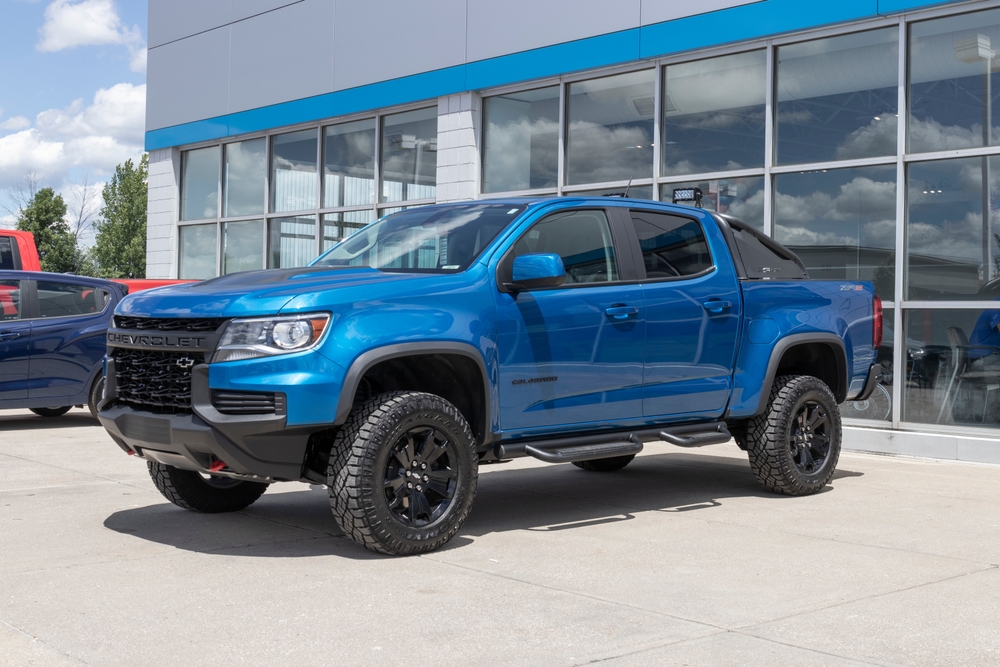
For adventure seekers and road warriors, the right vehicle can make all the difference. Pickup trucks are ideal for those looking to combine daily functionality with rugged, long-distance travel capabilities. Read More.
15 Iconic Cars Renowned for Their Timeless Beauty

From sleek sports cars to luxurious classics, the automotive world is filled with stunning designs that go beyond mere transportation. These masterpieces of aesthetic craftsmanship and engineering have captivated auto enthusiasts and continue to inspire them with their timeless allure. Read More.
16 Iconic American Car Designs That Shaped the Century

Across the broad sweep of automotive history, American car designs have consistently led the way, blending bold innovation with cutting-edge technology to make a lasting impact on global culture. Read More.














